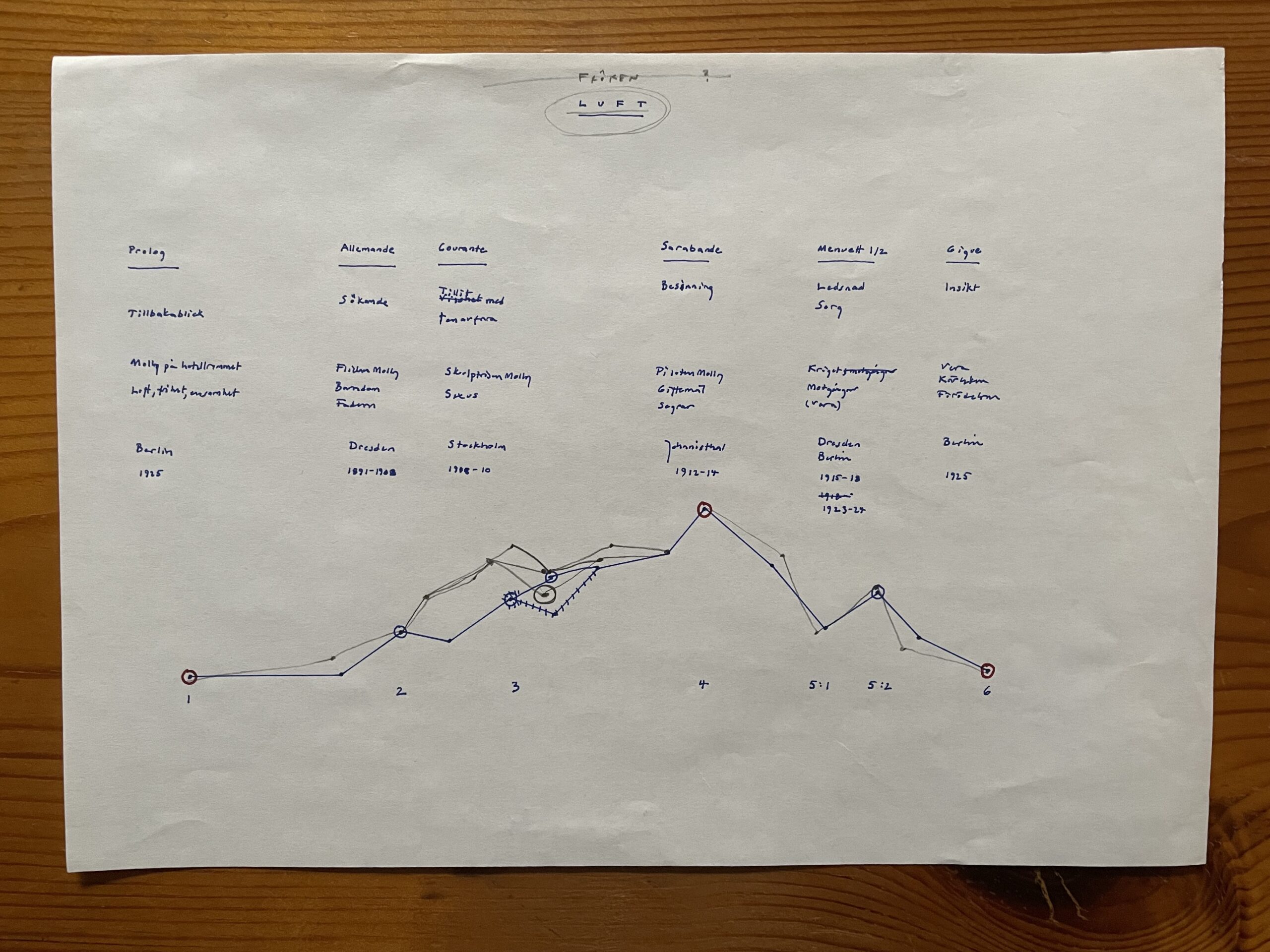
Fever Chronicle (Friday the 13th)
13.i.17
What a curious monster it is, fever. One morning the mercury reaches 39.7°C, the next 40.1°. After a temporary decline to 38.9°, the liquid metal climbs past 40.5° on the fourth morning. The lines on the chart look like dragons’ fiery tongues, each one more barbed than the next. Between them lie long nights of ague and self-pity. Swaddled in a quilt and double blankets, wearing a cardigan and woolly socks, the author shivers like a boiling egg. After a few hours of sweaty cold, a switch is suddenly thrown inside him. Now the body seethes instead. Forehead a hob, chest a furnace. Face covered in scaly sweat draining down his neck to darken the sheet. When morning comes only the underside of the pillow is dry. Into the washing machine go all the bedclothes, and the bed is made anew. Twelve hours later the next round begins with the monster.
There is no mitigating aspect, nothing noble in either shakes or dry cough. The last thing he wants is to remain in this body taken hostage by fever. As a ten-year-old he was hospitalised with double-sided pneumonia. The X-ray plate showed two tangerine-sized fists, blurry yet compact. Since then he cannot think of the fruit without thinking of finite flesh. Still, he best knows this condition from literature – in its more distinguished form, as tuberculosis, or in the shabby version, as cold turkey. Despite trying to find a way to make the fever productive, if only minimally, he is in no mood to play feeble relation to Edith Södergran or William S Burroughs.
Nonetheless, as darkness falls and he prepares for another night, he decides to note down the heart-rending scenes ravaging his mind. They’ll always come in handy for something; distortion has its own poetics. But each time a new fit roils him awake during the night, his first thought is: Air! When the cough at last abates he is too exhausted to fumble for pencil and paper.
Seven days and nights pass without a word, then the temperature settles at around 38°. The cough subsides, he feels unexpectedly frail, but also new. Feebleness has a certain charm of its own. Each exertion requires a subsequent rest of up to a minute; in return, the experience offers a new perspective on existence. In his imagination, everything he does seems as if it might be for the very last time. He begins to fantasise about a new masterpiece to be written in one cold, concentrated sweep, before breathing becomes too difficult and his body slips into a different dimension of existence. He also recalls his old dream about a short story of a hundred breaths, divided between a handful of characters. Undecided about which text to begin – after all, it may prove his last – he accomplishes nothing.
Finally the fever departs his body. Piled at the bottom of his consciousness are its petrified remnants, alien contours awaiting interpretation. Still, he ponders whether the fever could perhaps be excavated archaeologically, like some overheated Pompeii. Then he abandons that thought too. »Free, free«, he thinks, and gratefully mumbles a few words from Stina Aronson’s Feberboken: »release yourselves, o my lungs, heave up, breathe, seize the air.«